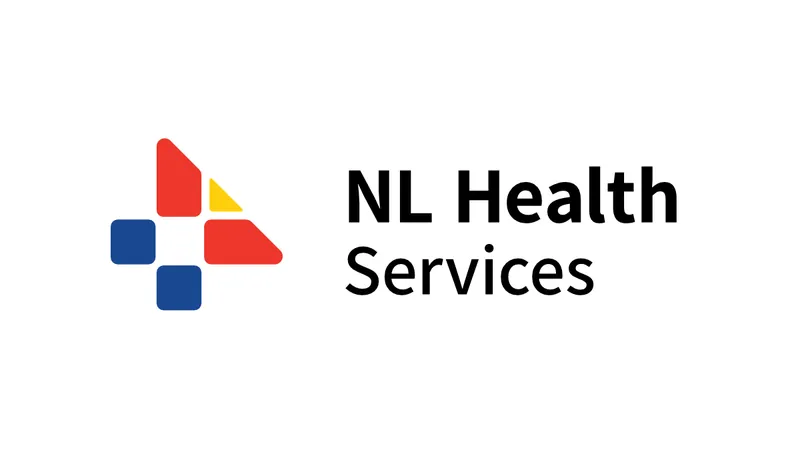
Alarming Surge in Syphilis Cases in Labrador: What You Need to Know
2024-09-26
In a concerning public health alert, Newfoundland and Labrador (NL) Health Services has reported a troubling spike in syphilis cases within the Labrador-Grenfell Zone. Over the past year, an unprecedented number of infections have emerged, mirroring a disturbing trend seen across Canada and globally.
Syphilis, a bacterial sexually transmitted infection (STI), can be transmitted through vaginal, anal, and oral sex, as well as through skin contact with syphilis sores, which are often painless and easily overlooked. Many individuals who contract the disease may be asymptomatic, unknowingly putting themselves and others at risk.
To protect yourself and your loved ones, health officials strongly emphasize the importance of regular STD testing and safe sex practices. Here are key points everyone should consider:
1. Recognize Symptoms:
Be vigilant for signs of STIs, particularly syphilis. Symptoms may include painless sores on the genitals or an unexplained body rash. Early detection can save you from more severe health complications later.
2. Sexual Partner Risk:
If you've engaged in sexual activity with someone who has an STI or exhibits symptoms, it’s crucial to get tested.
3. Routine Testing:
Those with new, casual, or multiple sexual partners should seek testing every 3 to 6 months. Proactive testing is vital in curbing the spread of infections.
4. Pregnancy Protocol:
Pregnant individuals should undergo testing at the beginning of their pregnancy, again around 28 to 32 weeks, and possibly at delivery to ensure the safety of their baby, as untreated syphilis can be transmitted during pregnancy and lead to severe complications for the newborn.
According to health experts, all sexually active individuals should be routinely screened for syphilis and other STIs. The good news is that syphilis can typically be cured with a simple course of antibiotics provided by a healthcare professional. However, if left untreated, syphilis can lead to serious complications, including neurological issues and complications during pregnancy.
To facilitate testing and treatment, NL Health Services is collaborating closely with healthcare teams and community partners to enhance testing accessibility, distribute educational materials, and host training opportunities focused on public awareness.
For testing or more information, it’s recommended to contact your primary care physician. Those without a family doctor can call the 811 HealthLine for guidance.
This alarming rise in syphilis cases underscores the urgency of addressing sexual health in our communities. Don't wait—get tested and protect yourself and those you care about!
For additional details on syphilis testing and prevention, visit the NL Health Services website [here](https://hi.easternhealth.ca/healthy-living/sexual-health/stis/syphilis/).
Stay informed and stay safe!









 Brasil (PT)
Brasil (PT)
 Canada (EN)
Canada (EN)
 Chile (ES)
Chile (ES)
 España (ES)
España (ES)
 France (FR)
France (FR)
 Hong Kong (EN)
Hong Kong (EN)
 Italia (IT)
Italia (IT)
 日本 (JA)
日本 (JA)
 Magyarország (HU)
Magyarország (HU)
 Norge (NO)
Norge (NO)
 Polska (PL)
Polska (PL)
 Schweiz (DE)
Schweiz (DE)
 Singapore (EN)
Singapore (EN)
 Sverige (SV)
Sverige (SV)
 Suomi (FI)
Suomi (FI)
 Türkiye (TR)
Türkiye (TR)